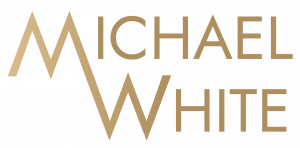Accident Report Privilege
In Florida, anyone involved in a traffic crash can be compelled to make a statement to the police about the crash. Because such statements are not considered voluntary – again the police can compel the statement — traffic crash reports are not admissible as evidence in any trial, civil or criminal nor are any statements made by the drivers, owners and occupants of the vehicle in the accident to the police officer investigating the accident. Fla. Stat. §316.066.
This privilege often becomes an advantage in DUI, or Leaving the Scene crash cases. Often, the accused will be outside of the car when the police arrive. The officer typically conducts a crash investigation, and then a subsequent DUI investigation. If the driver admits during the accident portion of the investigation that he or she did drive, but makes no such statement during the DUI investigation, and there are no other witnesses placing the driver behind the wheel of the car, the State will face an uphill battle proving the driving element of the charge.
The accident report privilege does not apply to many statements and other evidence, such as:
- Any communication made by eyewitnesses to the accident that were not “involved” in the crash
- Findings and statements made in criminal or homicide investigation reports
- Results of field sobriety tests, breath tests, and blood tests
- Police officer’s tangible evidence findings at the crash such as distances, skid marks, resting places of people, cars, and other physical findings like bottles or paraphernalia
- The identity of a driver involved in the crash when the accused claims he or she was not at the scene of the crash
The accident report privilege often can result in a case being dismissed, particularly when the officer does not inform the accused that the crash investigation is over and that he or she is now conducting a criminal investigation. If you have been involved in a crash and criminal charges resulted, you must speak to an experienced attorney familiar with the nuances of this body of law. Call Michael White today for a free consultation.


